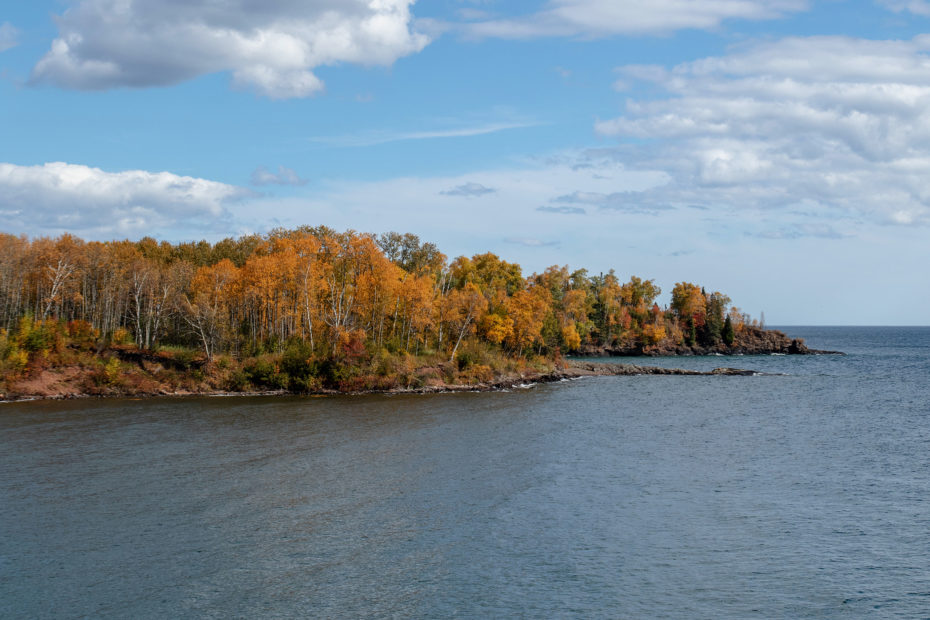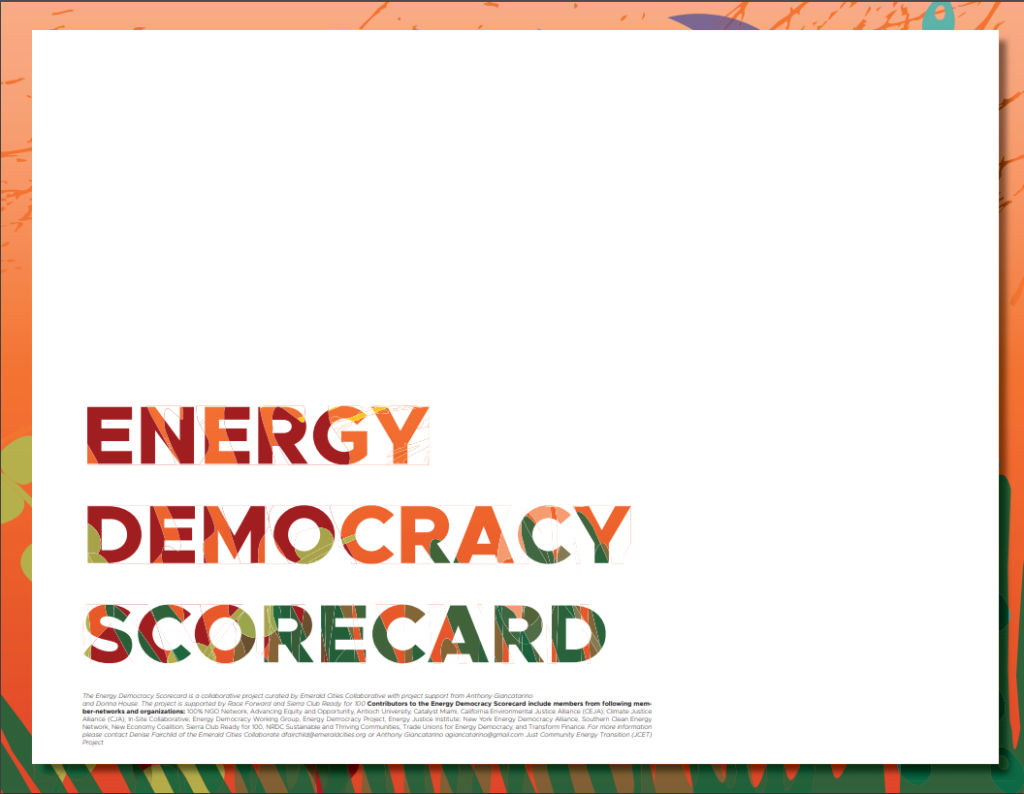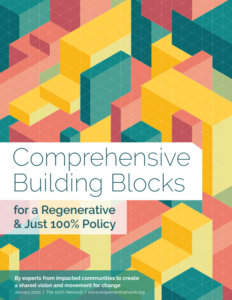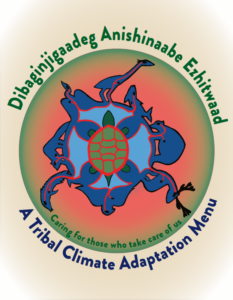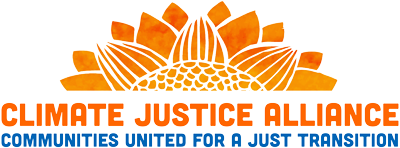About
The Duluth Citizens’ Climate Action Plan (Duluth CCAP) is a citizen-led effort to inspire community-wide action to reduce Duluth’s greenhouse gas emissions and envision a future for Duluth that is sustainable and equitable.
In June 2018, the City of Duluth adopted a goal of reducing its greenhouse gas emissions 80% by 2050 as part of its Imagine Duluth 2035 Comprehensive Plan. While this was great, City emissions account for only 4% of community-wide emissions in Duluth. The Duluth CCAP was developed as an effort to spread this greenhouse gas reduction goal community wide.
Since the Duluth CCAP launched in November 2020, the City of Duluth has passed a climate emergency resolution (April 2021), used the Duluth CCAP as a guiding document for developing the first City of Duluth Climate Action Work Plan (February 2022), and committed to achieving carbon neutrality by 2050 community wide (March 2022). Now we must all work together to meet this goal.
Methodology
The Duluth CCAP was created in collaboration between Ecolibrium3, the Duluth Climate and Energy Network, and local experts in food, housing, energy, and transportation. It was funded by a grant from CERTS.
Ecolibrium3 is a non-profit organization operating in the Lincoln Park neighborhood of Duluth at the intersection of energy and equity with a mission to inspire change towards an equitable and sustainable future.
The Duluth Climate and Energy Network is a network of local organizations that aims to move Duluth towards equitable, deep decarbonization.
CERTS is a non-profit whose mission is to connect individuals and communities in Minnesota to the resources they need to identify and implement community-based clean energy projects.
Determining the Key Actions
As this plan was coming together in Spring 2020, its initial vision was to hold community engagement sessions from which an action plan would emerge. Due to the pandemic, it was decided to pull together the wisdom of international, regional, state, and local expertise into a plan that could be a springboard to further conversation and engagement in the community as the opportunities for that kind of engagement arose in the unfolding pandemic.
Key action steps were taken from Project Drawdown, an international effort of scientists to calculate the most impactful changes to reduce greenhouse gases, and cross-referenced with the Imagine Duluth 2035 Comprehensive plan, Minnesota GreenStep Cities, and the recommendations of local experts.
Conversations were held with more than 20 local experts with knowledge in food, agriculture, and forestry; public transportation, pedestrian and bike infrastructure, and clean cars; buildings and energy (see the list below). These experts were contacted to give input on what action steps would be most effective in the Duluth area and whether they differed from the steps given by Project Drawdown. In the end key actions were created by combining the international expertise of Project Drawdown with the knowledge of local experts to create the 12 most impactful action steps for lowering carbon emissions in Duluth.
Background information on food, transportation, energy production, and buildings was compiled through conversations with local experts and local websites, as well as from state and national organizations such as the Minnesota Pollution Control Agency and the United States Department of Agriculture.
Action steps were then organized into personal (internal), individual, business and institutional, and community actions.
Including Equity and Environmental Justice
In addressing our greenhouse gas emissions, we must also acknowledge that our food, transportation and energy systems have contributed to racial, economic, and other injustices.
In response to this we drew on the expertise of multiple environmental justice frameworks including The Energy Democracy Score Card, Comprehensive Building Blocks for a Regenerative and Just 100% Policy, Dibajinjigaadeg Anishinaabe Ezhitwaad: A Tribal Climate Adaptation Menu, and resources from the Climate Justice Alliance.
While we recognize that the Duluth Citizens’ Climate Action Plan does not account for every aspect of environmental justice, we hope it provides one of many introductions to environmental justice in the Duluth community and encourages more community action at the intersection of environmental justice and climate change. To learn more about environmental justice, see the community initiatives page for links to additional resources.
We also want to recognize that our usage of the word “citizen” is intended to differentiate between the city government of our community and the people who inhabit it. The term is not used to exclude the members of our community who do not have legal citizenship status; this plan belongs to all people who live here.
Measuring Impact
Many modes of measurement of the impact of the project were discussed. In the end, the impact of this project will be measured by counting the number of actions taken by community members and the number of people, businesses, and institutions involved with the Duluth Citizens’ Climate Action Plan.
Ongoing Development
The Duluth CCAP is not intended to be a one-time, “we have all the answers” plan. We hope that it will help serve as a tool for continued community education, engagement, and visioning around building a sustainable and equitable future for our community. We all have within us the power to effect change and shape our community and we hope the Duluth CCAP will serve that endeavor.
Steering Committee
The steering committee was comprised of some of the members of the Duluth Climate and Energy Network:
- Brett Cease, Citizens’ Climate Lobby
- Lisa Fitzpatrick, Duluth Climate Mobilization
- Melissa Hoang, Ecolibrium3
- Marissa Major, Ecolibrium3 and Duluth Children’s Museum
- Bret Pence, Minnesota Interfaith Power and Light
- Jodi Slick, Ecolibrium3
- Jenna Yeakle, Sierra Club
- Lora Wedge, Ecolibrium3
Local Experts Interviewed
Local experts interviewed held expertise in the plan’s four key action sectors: food and agriculture; transportation; buildings; and energy production:
- AJ Axtell, Environmental Program Coordinator, WLSSD
- Alex Jackson, Energy Coordinator, City of Duluth
- Andrew Slade, Board Member, Duluth Bike Coalition
- Bret Pence, Northern MN Director, Minnesota Interfaith Power and Light
- Conor Heneberry, Food Sovereignty VISTA, Fond du Lac Band of Lake Superior Chippewa
- David Abazs, Executive Director, NE Regional Sustainable Development Partnership, UMD Extension
- Evan Flom, Program Manager, Seeds of Success at Community Action Duluth
- Izzy Laderman, Coordinator, Friends of the Climate and Youth Climate Strike
- James Gittemeir, Principal Planner, Duluth Superior Metropolitan Interstate Council
- Jeff Corey, Executive Director, One Roof/Common Ground
- Jukka Kukkonen, Chief EV Educator, Shift2Electric
- Julie Allen, Coordinator, Lake Superior Sustainable Farming Association
- Kaija Roy, Green Corps Member, City of Duluth
- Kaleb Montgomery, Planning and Economic Development VISTA, City of Duluth
- LeAnn Littlewolf, Economic Development Director, AICHO
- Mark White, Forest Ecologist, Nature Conservancy
- Matt Doyle, Coordinator, Lake Superior Solar Finance
- Mindy Granley, Sustainability Officer, City of Duluth
- Ryan Ihrke, Sustainability Facilitator, College of St. Scholastica
- Starr Brainard, Land Stewardship Coordinator, Duluth Community Garden
- Tom Hollonhorst, Landscape Ecologist, EPA
Contributors
The following Ecolibrium3 staff members, AmeriCorps VISTA members, and community partners helped in the compilation and maintenance of the Duluth Citizens’ Climate Action Plan:
Patricia Applebaum, Carolyn Berninger, Joe Bott, Brett Cease, Hayley Cormack, Caitlin Donnelly, Lisa Fitzpatrick, Lucas Giese, JT Haines, Linda Herron, Melissa Hoang, Kelsey Kresge, Bekah Kropp, Shannon Laing, Marissa Major, Bret Pence, Christina Schlacter, Jodi Slick, Maia Sowers, Julius Venuti, Luke Viscusi, Jenna Yeakle, and Lora Wedge.
Data Sources
2023 Update
We updated the numbers in the Duluth Citizen’s Climate Action plan in July of 2023. Data collected was from 2020, the most recent data for all categories, in order to keep numbers consistent. Nine to ten percent was subtracted from each category to make the numbers equal 100%. All numbers were calculated in CO2 equivalent.
Energy production = 62% of Duluth’s greenhouse gas emissions
Total energy emissions according to the Regional Indicators Initiative City of Duluth Data for 2020 was 616,009 tons of CO2 equivalent, or 72% of total community emissions. Ten percent was subtracted to make the numbers equal 100%.
Transportation = 17% of Duluth’s greenhouse gas emissions
Total transportation emissions according to the Regional Indicators Initiative City of Duluth Data for 2020 was 231,622 tons of CO2 equivalent, or 27% of total community emissions. Ten percent was subtracted to make the numbers equal 100%.
Food and agriculture = 12% of Duluth’s greenhouse gas emissions
21% is the calculated state estimate from the 2020 Minnesota Pollution Control Agency GHG Emissions Data. Nine percent was subtracted to make the numbers equal 100%.
Buildings = 9% of Duluth’s greenhouse gas emissions
18% is the calculated state estimate from the 2020 Minnesota Pollution Control Agency GHG Emissions Data. This accounted for energy usage for electricity, heating, and cooling, but excluded industrial production emissions. Nine percent was subtracted to make the numbers equal 100%
2023 Update
This data was compiled during the creation of the Duluth Citizens’ Climate Action plan in 2020 with data from 2005 through 2016.
Energy production = 37% of Duluth’s greenhouse gas emissions
Total electricity use according to the City of Duluth Greenhouse Gas Emissions Inventory and Forecast 2008, p. 6, was 1,232,175 tons, or 57% of community emissions.
In 2008 the electricity mix at Minnesota Power, as detailed in its 2005 Integrated Resource Plan, was 95% coal, or 1,170,566 tons. The 37% number chosen reflects the change in Minnesota Power’s power mix between 2005 and 2015. Electricity generation due to coal and gas according to the Minnesota Power 2015 Integrated Resource Plan, p. 71, accounts for 37% of our current power mix.
Transportation = 26% of Duluth’s greenhouse gas emissions
The City of Duluth Greenhouse Gas Emissions Inventory and Forecast 2008, p. 12, says transportation accounts for 18% of our emissions. More recent data from the Minnesota Pollution Control Agency Greenhouse Gas Emissions Data 2016 reflects the increase of GHG emissions in the transportation sector statewide and estimates emissions from transportation at 26%.
Food and agriculture = 22% of Duluth’s greenhouse gas emissions
22% is a state estimate from Minnesota Pollution Control Agency Greenhouse Gas Emissions Data 2016.
Buildings = 15% of Duluth’s greenhouse gas emissions
19% is the international estimate from Project Drawdown Building Retrofitting page, rounded down to 15% to make the numbers total 100%.
